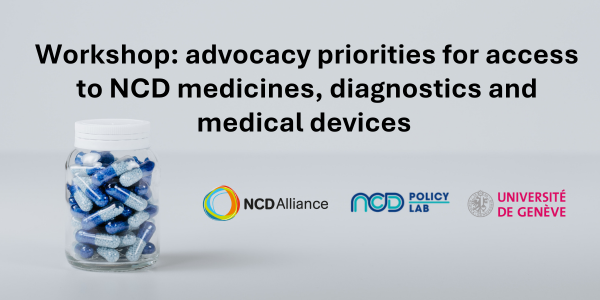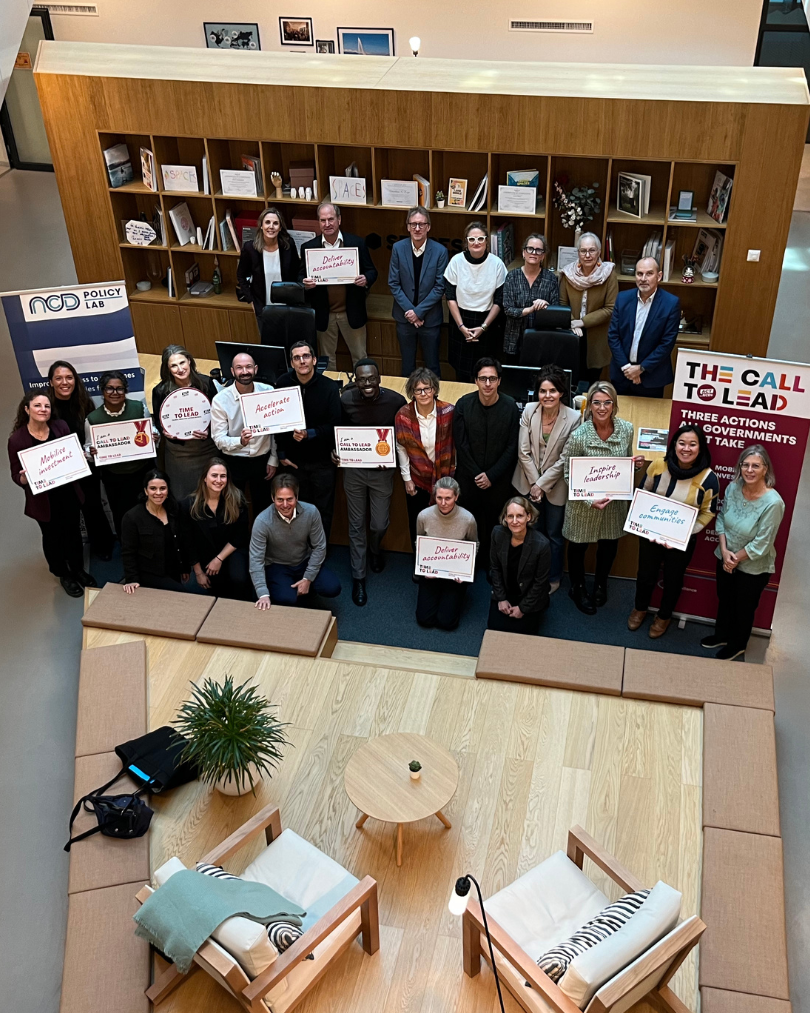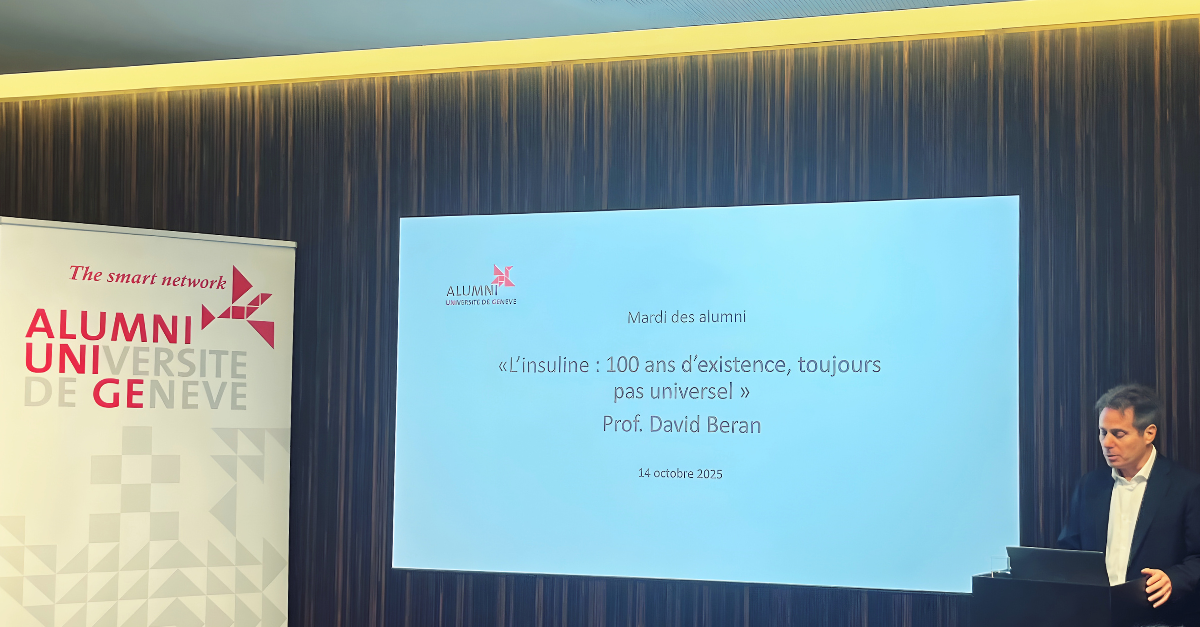The NCD Policy Lab aims to bridge evidence and policy and find innovative ways to further the global NCD Agenda.
Bridging evidence
to action
The NCD agenda is complex, requiring both evidence to be generated and this evidence to be used by policy makers nationally and globally. In recognition of the central role of bridging the gap between Science and Policy, with a focus of improving access to medicines, associated technologies and care for NCDs in all settings, including humanitarian emergencies, the NCD Policy Lab set out to contributing to the achievement of Universal Health Coverage by 2030.












